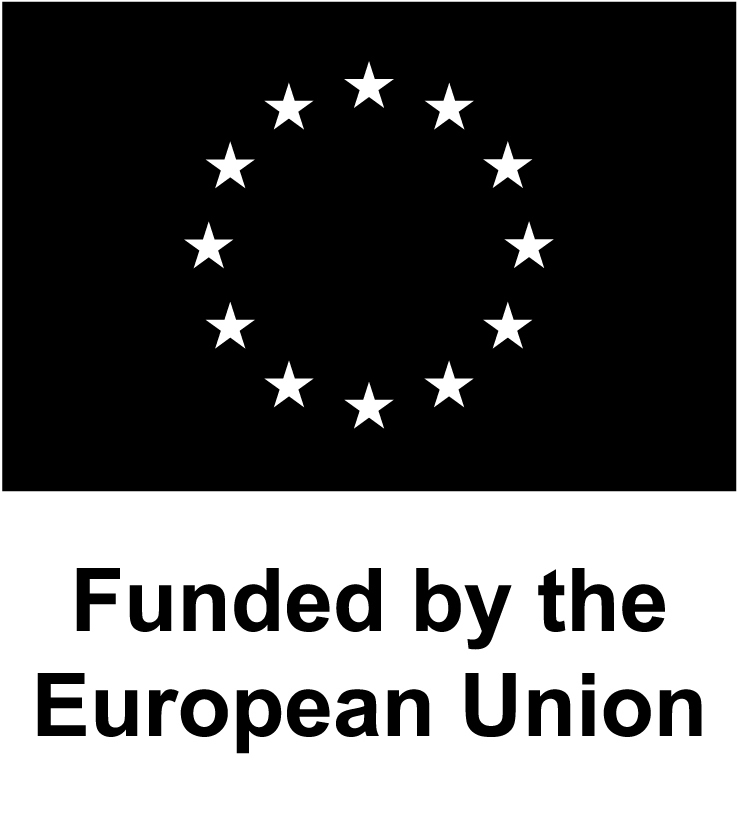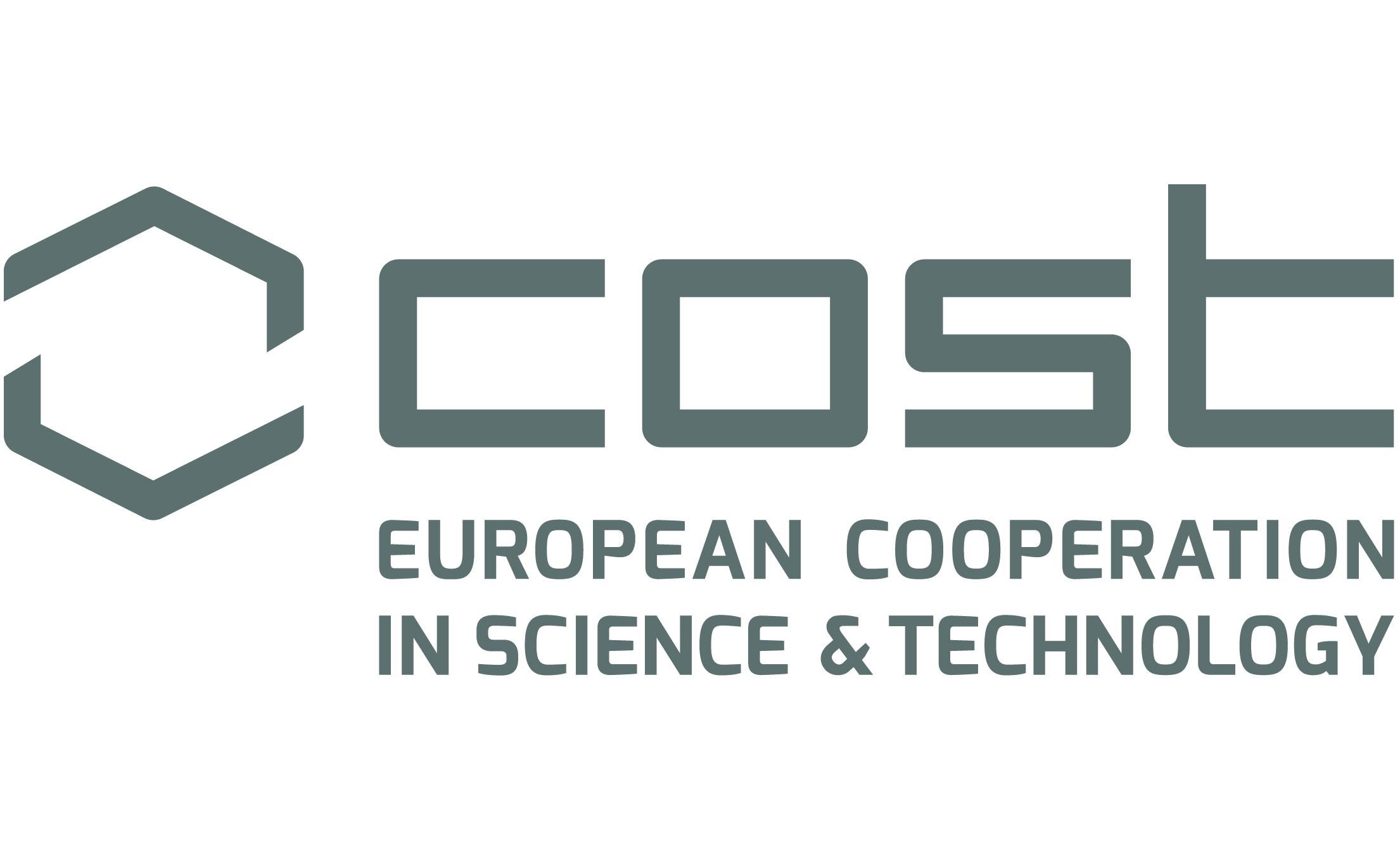Reflections on Cultural Expertise in Albania: A Journey Through Law, Tradition, and Inclusion

Helena Belchior Rocha – Professor in the Department of Political Science and Public Policies, ISCTE-University Institute of Lisbon
One of the most compelling aspects of the presentation was the definition of cultural expertise itself. As articulated by Livia Holden, it is “specialised knowledge deployed by experts of laws and cultures to assist decision-making authorities in the assessment of evidence.” This definition emphasizes independence and critical affirmation, positioning cultural experts not merely as informants but as advocates for the voices of those affected by legal decisions. This resonated strongly with me, especially in the Albanian context, where legal pluralism and rapid societal change often intersect.The Albanian legal landscape is uniquely complex, shaped by a rich tapestry of statutory law, customary practices, and evolving social norms. The presentation highlighted how cultural expertise has an important role in various legal domains, from family and criminal law to environmental and human rights law. For instance, in family law, cultural norms rooted in the Kanun may clash with modern principles of gender equality. Here, cultural expertise helps cross these tensions, ensuring that legal outcomes are both fair and culturally informed.
Equally striking were the case studies presented, such as the Vjosa River dispute and the Blue Eye Natural Spring. These examples illustrated how cultural expertise can enlighten the socio-cultural significance of natural sites, guiding legal decisions that respect both environmental sustainability and community heritage. The inclusion of customary practices in mountainous regions further underscored the importance of understanding local traditions in legal contexts.
The fictional case study of Teuta and the river crossing dilemma was particularly thought-provoking. It raised questions about consent, moral agency, and cultural judgment, inviting us to reflect on how cultural narratives shape our understanding of justice and personal autonomy. This story, though fictional, mirrored real-life complexities and underscored the need for culturally sensitive legal frameworks, for example how culture can shape the bond between a mother and daughter, although this was an ethical dilemma, more than a law issue, makes us think of how we judge according with cultural values most of the time without consider that cultural also impact on emotional issues.
What stood out most to me was the emphasis on voice, the idea that cultural expertise prioritizes the perspectives of those directly impacted. In the case of Indigenous expertise, this voice is tied to self-determination, while in broader cultural contexts, it may be mediated by state institutions. This distinction is of great importance, as it informs how evidence is evaluated and how justice is conceptualized.
The K-Peritia initiative itself is a testament to collaborative and inclusive scholarship. With its four working groups, Theory, Technology, Professionalisation, and Communication, it offers a strong framework for advancing cultural expertise across Europe. The invitation to contribute, whether through expanding the CULTEXP database or shaping policy guidelines, reflects a commitment to democratizing knowledge and empowering diverse voices.
As I reflect on the meeting, I am struck by the transformative potential of cultural expertise. It challenges us to rethink legal norms, embrace pluralism, and center the lived experiences of communities. In Albania, where tradition and modernity often coexist in tension, cultural expertise offers a path toward more inclusive and contextually grounded justice.
I leave this experience with a renewed appreciation for the role of cultural knowledge in all scientific areas and a deep sense of gratitude for the opportunity to be part of this important reflection. The journey of cultural expertise is ongoing, and I am excited to see how it continues to evolve and inspire changes.








